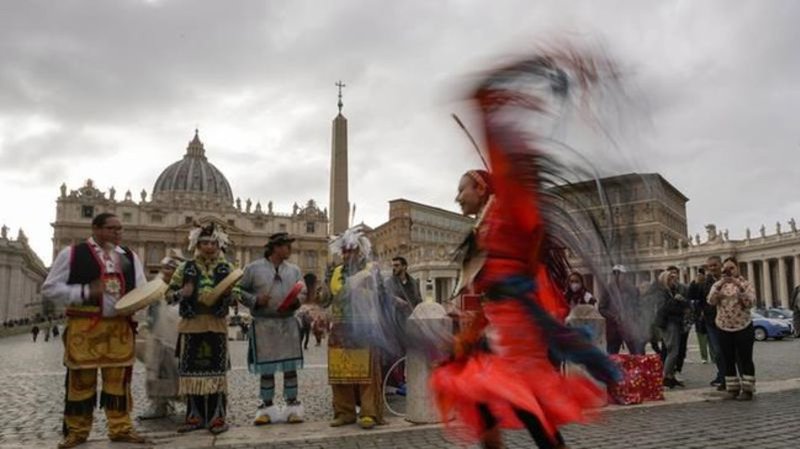
A final Papal meeting and raising the price of pollution: In The News for Apr. 1
In The News is a roundup of stories from The Canadian Press designed to kickstart your day. Here is what’s on the radar of our editors for the morning of Apr.1 …
What we are watching at the Vatican …
ROME — First Nations, Inuit and Métis delegates are scheduled today to have a final meeting with Pope Francis at the Vatican.
The groups had individual meetings with the Pope earlier this week and expressed hope the Roman Catholic Church would apologize for its role in residential schools. Each group asked that an apology take place in Canada.


